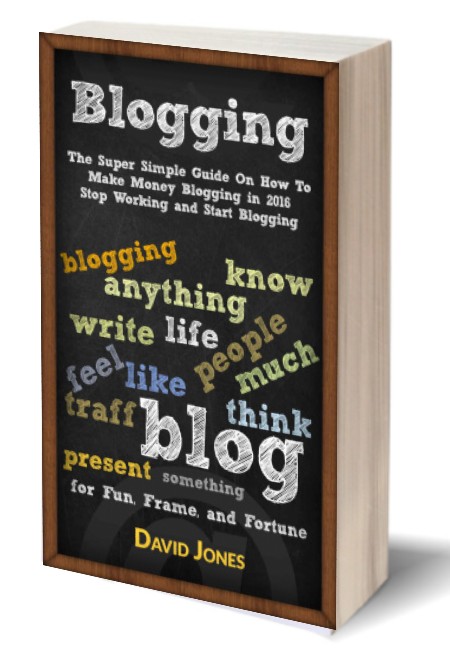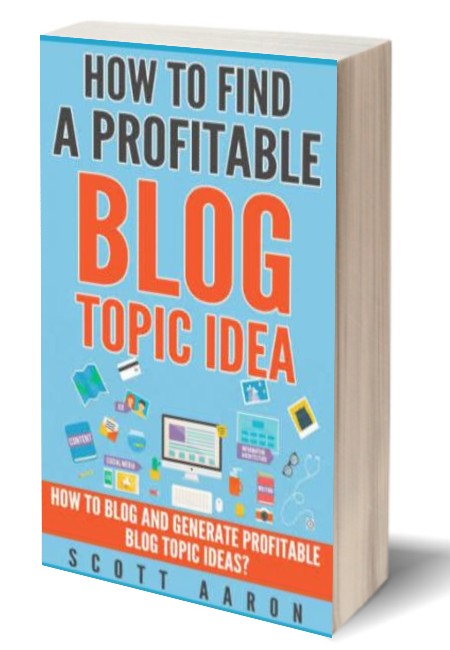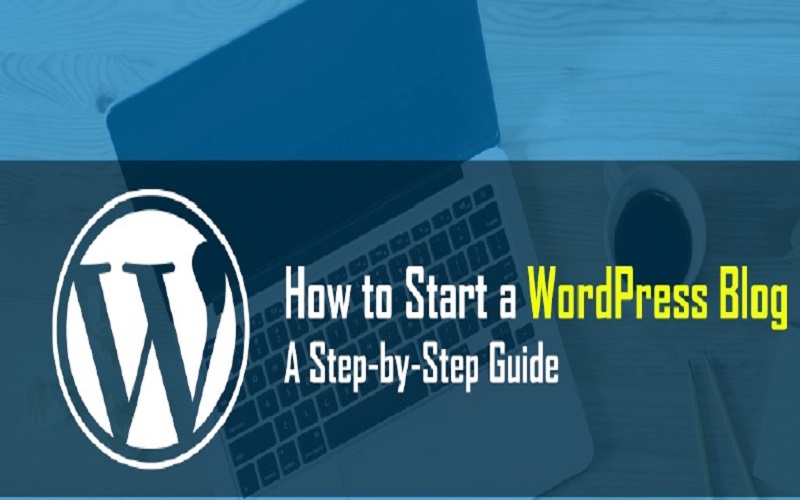One of the most crucial and essential parts in creating and planning your blog is choosing a profitable blog topic that attracts traffic and will generate you good cash.
When it comes to selecting an outstanding topic that will generate more profits and make you have a large number of audiences, you will need to have many factors to consider.
Things such as topic know how, the interest of the audiences and you competitors tactics should be considered before coming up with a topic. As a blogger, you should always come up with unique ideas to help you outdo your competitors in the market.
Here are some of the factors you should consider.
- The audience targeted– The content that you are going to write should aim at a particular audience
- Are you targeting a large audience? – You should consider how you are going to reach and inform your intended audience about the blog.
- Is the topic you are choosing have more to write in the future?
- Does the topic have many competitors in the market?
- Which measures are you going to take to make your topic unique and different from other competitors?
If your goal is to attract millions of visitors every month to a blog, the topic you select should have mass appeal or be somewhat mainstream, yet have a unique twist to it. As you try to determine the size of your audience, be realistic and develop appropriate expectations.
For example, a blog that addresses the political happenings in your town of 300,000 people may very well become the hottest thing in that town, but the audience growth potential has a ceiling. People in other towns, much less in other states or countries, will have little or no interest in your blog.
Even if you create the most incredible blog and the potential audience is the people in your town, realistically, it’s likely that only one out of every 10 people in your town will have the time or interest to read blogs in the course of their day, and of those few people, even fewer are most likely interested in local politics.
So while the topic of local politics may excite you personally, the reality is that this topic is very limited in terms of its potential audience and ability to grow. Bloggers just like you have achieved success blogging about a wide range of topics.
The following are just a few general areas that you might consider as you choose what you’ll blog about.
If you’re operating a blog for a company, the blog itself can focus on your company, its philosophies, and/or the people who run the company, for example. The blog can (and should) be targeted to your potential and/or existing customers or clients.
Consider using a company blog to explain how to best use your product or service (i.e., provide step-by-step how-to information), share customer testimonials, offer product comparisons, and/or interact with your customers in an informal way in order to share new information about products/services on the horizon.
If you’re at a loss for words but have photos that can tell a story, consider creating a photo blog or using a service like Facebook, Instagram, or Pinterest to share your digital images. Just as with traditional blogs, there are no rules for creating photo blogs and/or online galleries, so you can opt to include a detailed photo caption for each image, or allow each photo to speak for itself.
Photos displayed in a pre-determined sequence, for example, can be used to tell a powerful story. It’s also possible to publish exactly where and when each photo was taken, and link keywords or tags to each photo, which make it easier for people to find.
Factors to Keep in mind when you select a blog topic
There are numerous factors you need to keep in mind when you select a blog topic that will create profits or let you build a large and dedicated audience for the blog.
You have to keep in mind public interest, your expertise on the topic, the potential longevity of the topic, and the audience’s interest in that topic. It’s also imperative to study the competition and develop a way to deliver your content that’s different, more engaging, and simply better.
Begin by coming up with a few possible topics you’d like to use, and
then consider the following:
- Who is the audience for your topic? As the writer, you’re going to cater to that audience and write or produce content that the audience can relate to.
- Does the topic have some long-term appeal? Is this topic going to be relevant in a few months, a year, two years, maybe even five years down the road?
- How large will be your target audience for this topic? How are you going to reach your future audience to notify them of your blog?
- Is there going to be sufficient to write about this topic in the future? In a few minutes, can you write down twenty-five things you could blog about in future posts? Will you be able to come up with some new things to blog about to keep your content fresh over the long-term?
- How much competition is there when it comes to this topic? Consider other websites, blogs, magazines, newsletters, newspapers, television shows, vlogs, podcasts, radio shows, YouTube channels, and Facebook pages. There are many other outlets you can consider, too. Think about the other content that’s available to your targeted audience.
- What will you do that’s different to make your blog more appealing,
entertaining, engaging, and interactive?
For every potential topic, you can offer experiences, opinions, commentary, how-to information, news, and delve into subtopics that relate to your main topic. You can also focus on any controversies that surround your topic in order to engage your audience.
General areas you could consider blogging about.
- Industry Related Topics.
Focus on a certain industry and blog about that industry as an entirety. Most of your time preparing content is going to be spent looking for industry news, following any developments, reporting about innovations, and debating industry talk. - Personal Topics.
There are numerous successful bloggers who don’t cover a specific topic at all, but they cover a variety of topics with humor. If you’re
good at making others laugh, then go ahead and try a humor blog. If you’re a photographer, artists, songwriter, musician, poet, writer, or another creative genius, then you could share your work online and build up a fan base. - Political Blogs.
Maybe you have an insightful and informed opinion, or you
have an interesting way of communicating your ideas and opinions. You could consider a political blog. If you want to have a political blog but not proclaim personal opinions, contemplate using your blog as a sieve to help your audience plow through all the political mambo jambo out there. - Special Interest or Hobby Topics.
Many bloggers have achieved a lot of success just selecting a topic they were previously ardent about. You will find informative, creative, gossipy, and how-to blogs about many different hobbies out there. The trick for this type of blog is to find a niche that you are knowledgeable about and interested in, and then share your unique
information and perspective about this topic. - General Interest Topics.
Never limit yourself to the topic areas that have
been listed this far. There are thousands of possibilities out there for blogs! You never know what’s going to spark some interest or catch on. If you have a crazy idea that just might attract some attention, then go for it!
Conclusion
When you are choosing a topic to blog about, remember to choose one that isn’t going to dry up. Public interest will rarely stay on a subject for long, so be sure to choose a topic that’s held the interest of your target audience for quite some time and will continue to keep doing so in the future.
You also have to have or develop a more than normal familiarity with the chosen topic if you want a reader to take you seriously. Readers are not going to stick around to read things they already know or that they don’t believe is interesting or relevant.
Therefore, never choose a topic that you don’t know anything about. Chances are, if you know nothing about it, then you most likely don’t have much interest in it. Ideally, when your audience is reading your blog, it should be obvious that not only are you an expert on that subject, but you’re also passionate about it.
In addition, be sure to research competition. Find out who they are and how much of it really exists. Unless you develop an original approach, you’ll do yourself harm by entering a topic that’s already flooded.
If your topic area appears crowded when you first take a look, remember that every topic has countless niches that have been unexplored. Do your homework and find a topic no one else has done and what might work for you, based on your knowledge, experience, passion, education, and interests.
Before you commit yourself to a specific topic, understand that whatever theme you choose is going to become the central point of your blogging career. Your passion and interest for the topic should be strong enough to sustain you through times when you’re not sure you can bring yourself to read another article on that subject, much less write another blog entry about it.


















